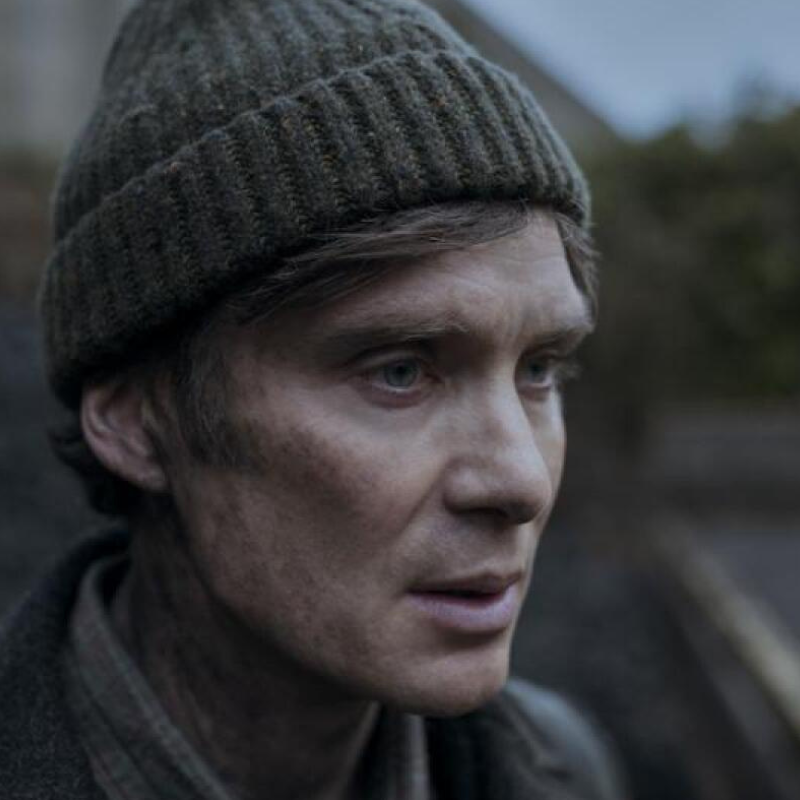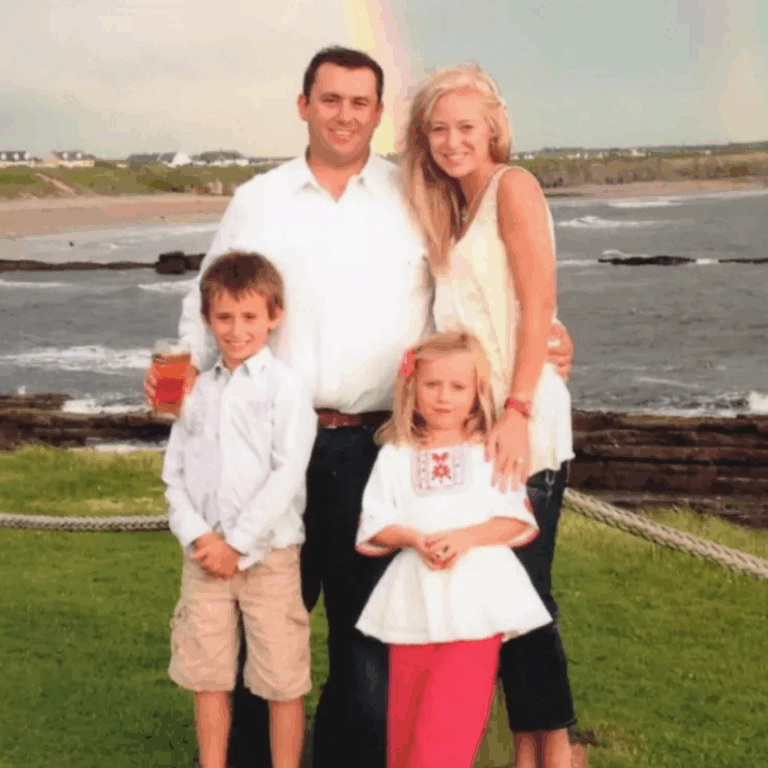PEAKY BLINDERS wraps filming


The curtain has fallen on filming for the highly anticipated PEAKY BLINDERS movie, with creator Steven Knight confirming production wrapped on December 13th. “We’ve got Barry Keoghan, Tim Roth, Rebecca Ferguson, and obviously Cillian Murphy and Stephen Graham,” Knight revealed on The Playlist’s Bingeworthy podcast, adding with palpable excitement, “And I have to say, it is mind-blowingly good.”
The gritty drama that captured audiences with its unflinching portrayal of Birmingham’s criminal underworld in the aftermath of World War I has always had Irish blood running through its veins. At its core stands Cillian Murphy’s Tommy Shelby, the calculating gang leader whose Irish roots inform both his outsider status and his resilience. Murphy, born in Cork, brought an authentic Irish intensity to the role that helped propel him to international stardom during the show’s nearly decade-long run from 2013 to 2022.
Now the Irish connection strengthens with the addition of Dublin-born Barry Keoghan to the cast. The SALTBURN star represents a new generation of Irish talent making waves in Hollywood, following a path blazed by actors like Michael Fassbender and Pierce Brosnan. Both Fassbender and Brosnan share fascinating Irish backgrounds – Fassbender born in Germany but raised in Killarney from age two, while Brosnan hails from Drogheda before finding fame across the Atlantic. Like Murphy, they carried their Irish sensibilities into roles that demanded both ferocity and vulnerability.
While Netflix has only released a single tantalizing image of Keoghan driving a truck toward a brick building, his addition alongside Murphy creates a powerful Irish presence in the film. This Irish thread weaves throughout the PEAKY BLINDERS universe, reflecting Ireland’s complex relationship with Britain and the immigrant experience that shaped Birmingham’s industrial landscape. The fierce loyalty, quick wit, and simmering tension that characterized the original series all carry echoes of Irish storytelling traditions.













